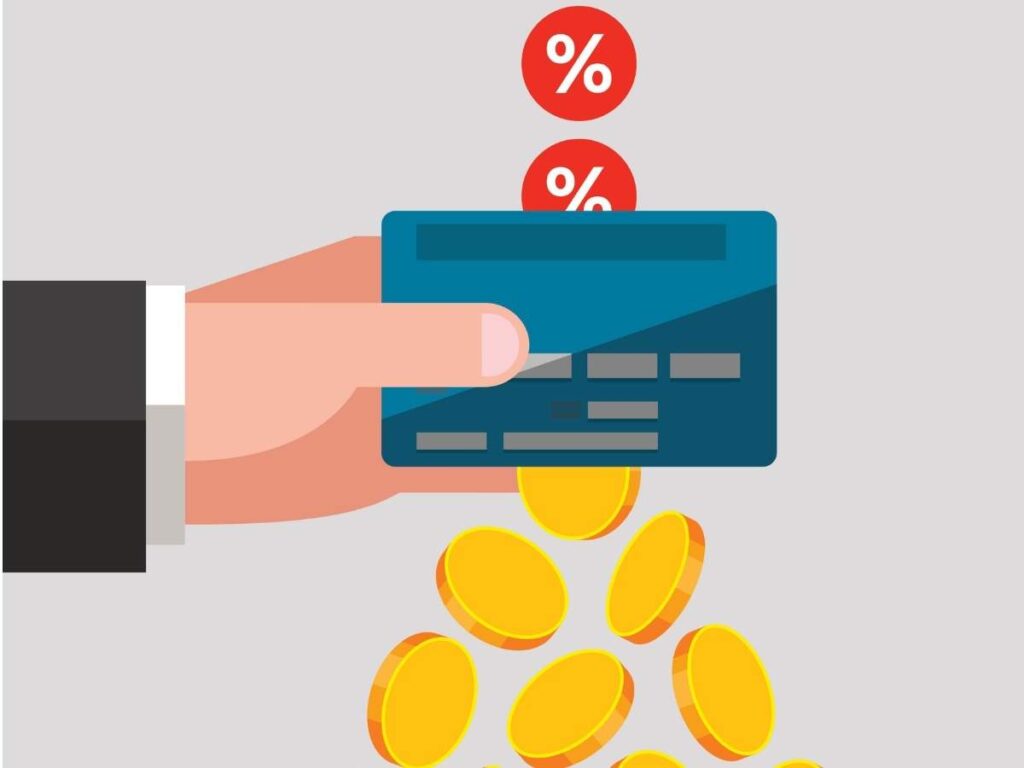Whether you’re a college student just getting started with credit or you’re new to the country and the credit system, knowing how to use credit cards and credit card interest rates correctly is critical. The more you know, the less likely it is that you will have debt problems that will lower your credit score.
Keeping this in mind, we’ve compiled a comprehensive list of credit card dos and don’ts. Following these suggestions can help you become more credit savvy.
Credit Card Do’s
Be Aware Of Your Payment Due Dates
If you use credit cards, the most important thing you can do is pay on time. Juggling multiple due dates becomes more difficult as you open more accounts. It’s worth noting that you can change the due date by contacting customer service. This can help you spread payments out over the month so that everything doesn’t come due all at once.
Review Your Statements Once A Month
Don’t ignore your credit card cash withdrawal statements if you’ve set up autopay and paperless billing. Every month, go over your comments and look for:
- Transactions that you do not recognize, which could indicate fraud,
- The statement tells you about significant changes to your account, like when your interest rate goes up or down.
- Interest charges on your current balance are estimated.
Always Make An Effort To Pay More Than The Minimum Payment
Make an effort to pay more than the required minimum payment on your monthly bill. Paying off your debt as soon as possible reduces your interest charges. It is essentially less expensive to use credit.
Maintain Your Accounts In Good Standing
One of the factors used to calculate your credit score is “credit age.” It depends on how long you’ve had accounts open in good standing, which means you’ve made all of your payments on time. The more old accounts you have, the higher your credit score.
For Big Purchases, Use Your Credit Card With The Lowest Apr
Don’t use a rewards credit card for a large purchase that will take several billing cycles to pay off! It only takes a few billing cycles for interest charges to cancel any rewards you receive. As a result, large-ticket purchases that will take time to repay should always be made with the card with the lowest APR. That way, the cost of repaying them is reduced.
Maintain Your Payments At 10% Of Your Income
In general, credit card payments should not exceed 10% of your take-home pay. However, if the minimum payments on all of your cards total more than 10% of your gross income, you’re charging too much.
Credit Card Don’ts
Keep Your Balances In Check
This is extremely detrimental to your credit and ability to manage debt. Credit utilization is the second most important credit scoring factor. It compares the amount of credit you use to your total available credit limit. If you want to keep your credit score high, you should never use more than 30% of your available credit. Less is always more. However, maxing out your credit cards is a bad idea that should be avoided.
Avail Cash Advances In Case Of an Emergency
This is not like a debit card ATM withdrawal, where you only have to be concerned with fees. Credit card cash advances imply borrowing from your available credit line. Not only do you have to pay fees, but you also have to pay a special cash advance APR on the charge. This rate is significantly higher than the purchase APR on regular transactions. This is an expensive way to get money and should be avoided.
Monthly Balances Should Not Be Carried, Forward
Lower credit utilization is preferable. The best ratio to maintain is a net utilization ratio of 0%. This effectively means you have no debt to carry forward. Anything higher than 30% is bad for your credit, but anything less than 30% is not. To maximize your credit score and avoid debt problems caused by high credit card interest rates, pay off balances quickly and try to keep them at zero.
Avoid Being Rude Or Impatient
Although maintaining a cool and collected demeanor doesn’t affect interest rates, acting annoying or impatiently doesn’t help either. When negotiating credit card interest rates, speaking respectfully increases your chances of getting assistance.
Conclusion
Remember that your balance is usually an asset to the company’s credit card interest rates in the end. Without customers, the company loses its ability to earn a high rate of return. If you express your desire for the company’s assistance in keeping you as a customer in a nonconfrontational but direct manner, there’s a good chance it will grant your request and lower your rate. Everyone with a large credit card balance should try these techniques because there is nothing to lose except a little bit of your time.



